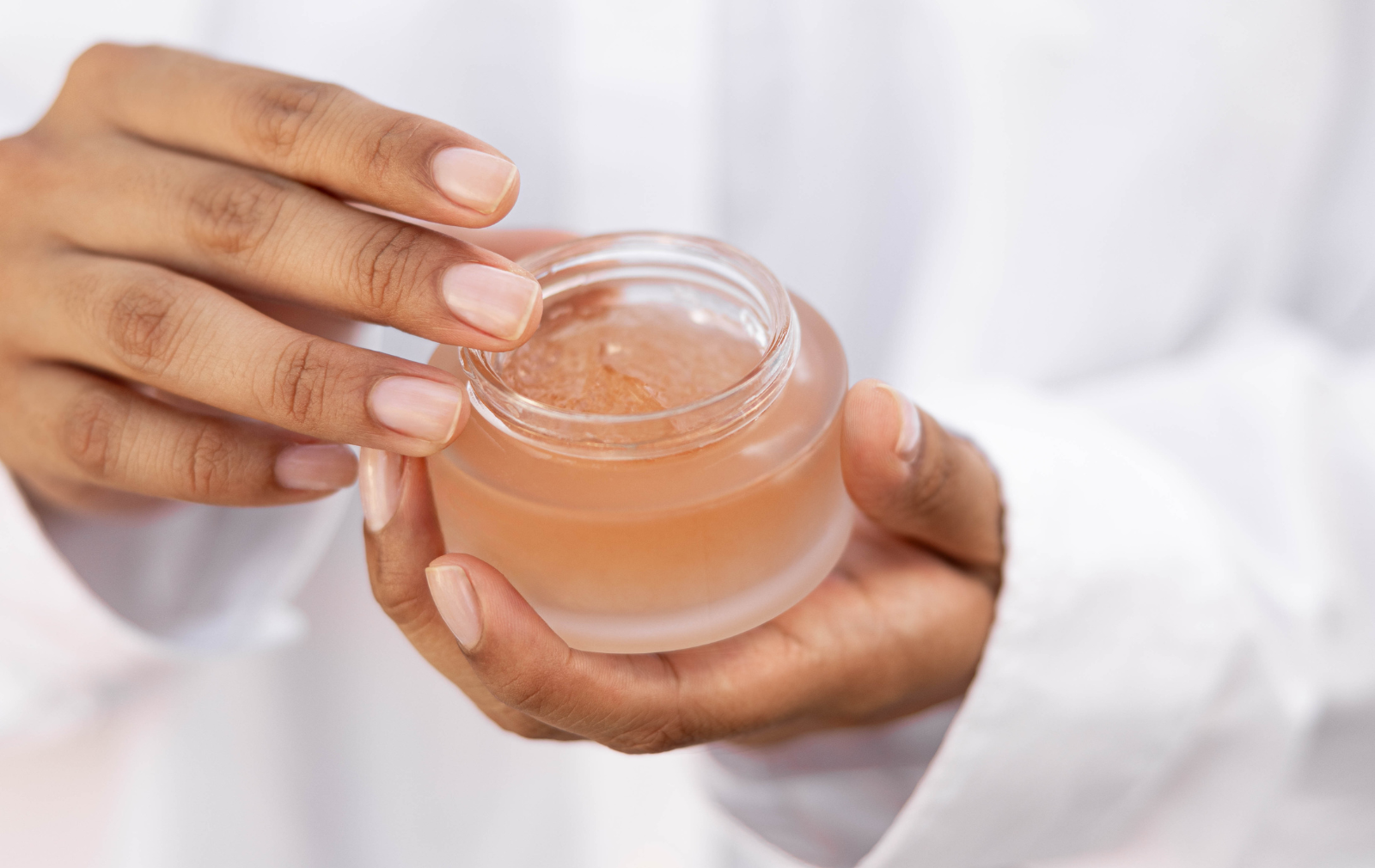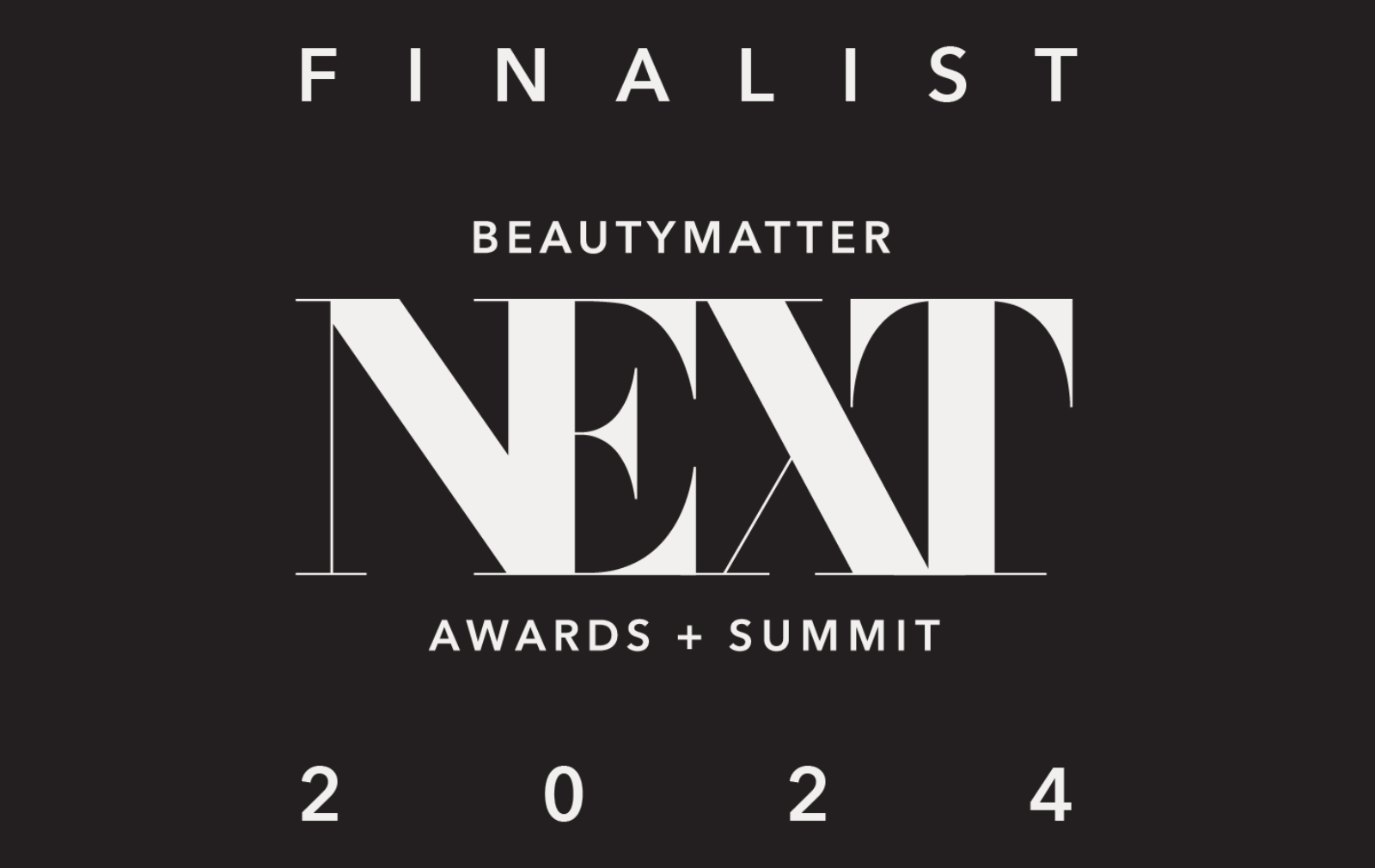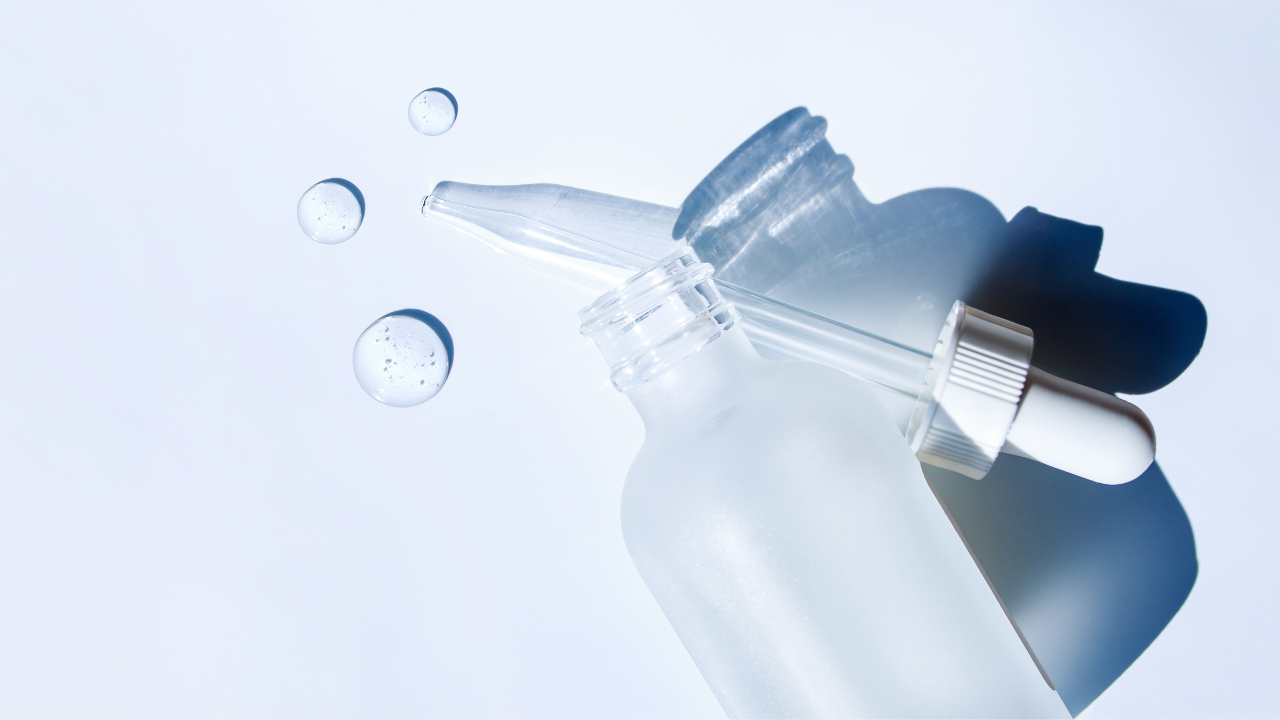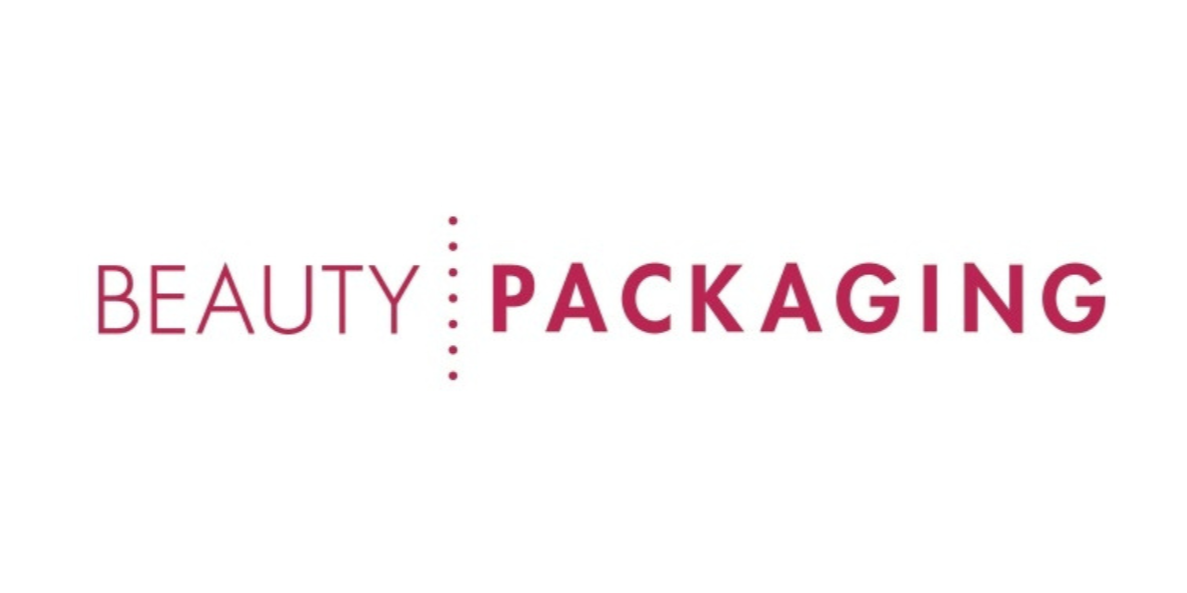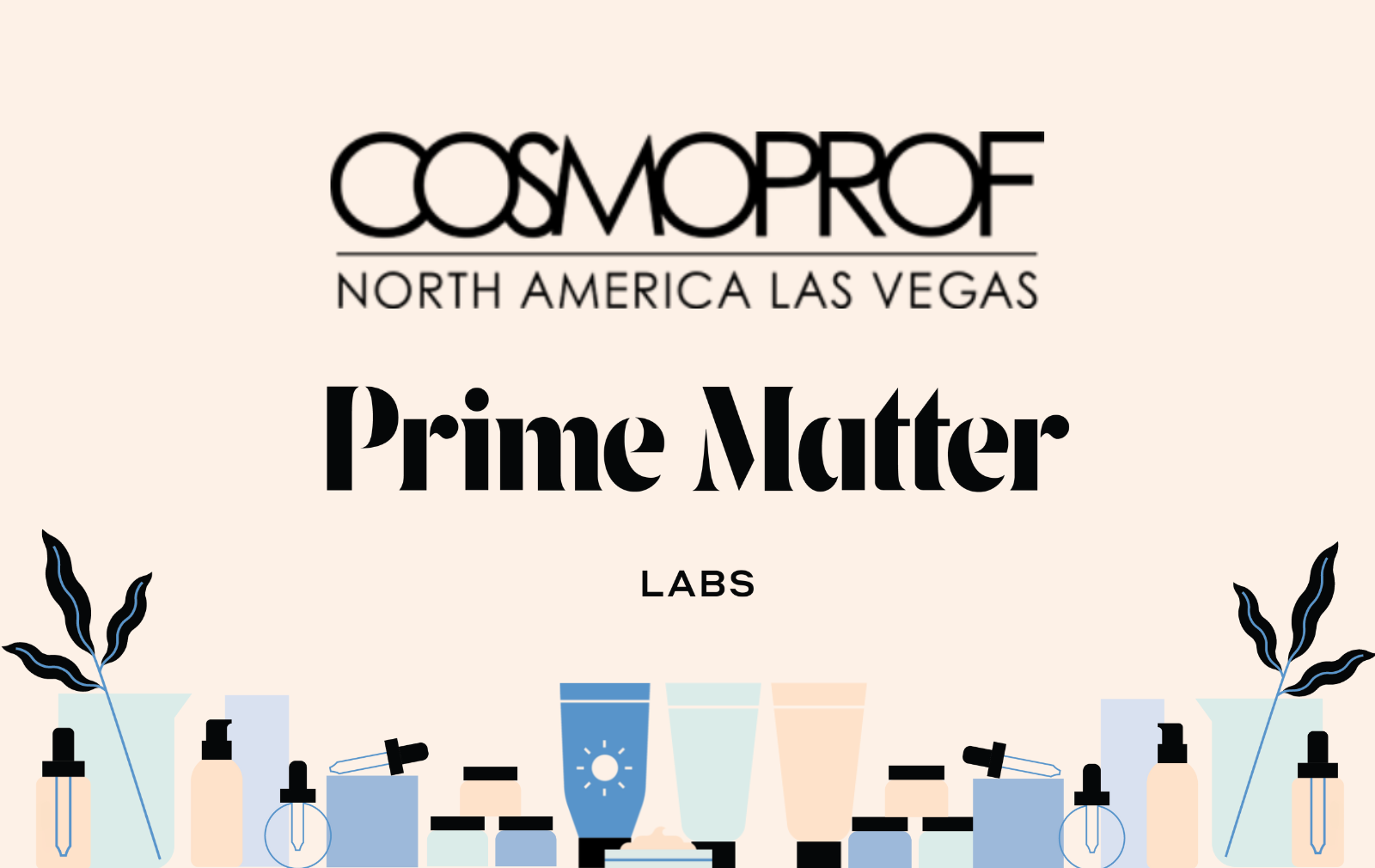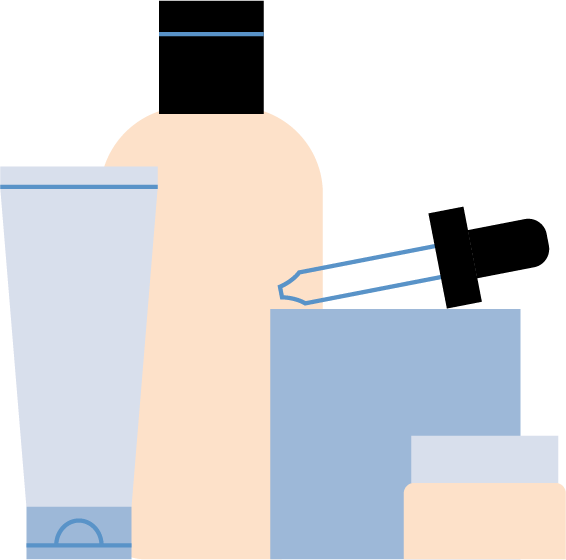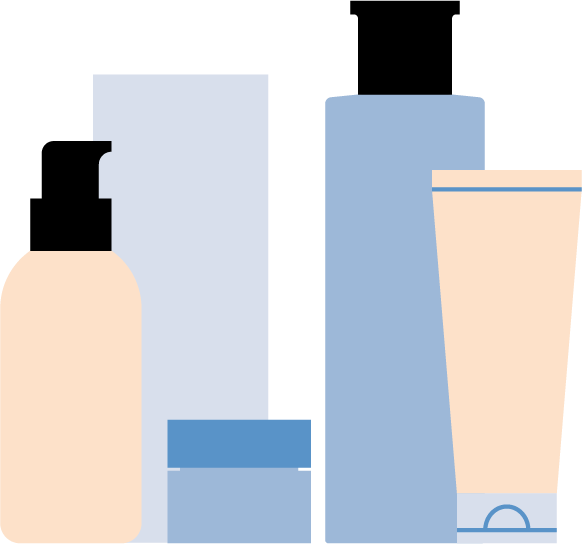
This is Part 2 in our Biotech in Beauty series. Check out [Part 1] The Evolution of Beauty to Biotech for a summary of the evolution of technology in beauty and an introduction to common biotechnology methods currently in use in the industry.
What's Next
AI for Ingredient Discovery
Much has been said about artificial intelligence’s (AI) potential to revolutionize everything from the way we work to the way we learn, but in terms of the beauty industry, one of its greatest potential uses is its ability to help analyze and discover new ingredients and formulations to accelerate efficiency, ensure safety and promote innovation.
AI algorithms can analyze vast amounts of data to identify patterns and relationships between different ingredients and their properties. By analyzing data, including molecular structures, biological activity, and known properties of compounds, AI algorithms can identify potential active ingredients or combinations with specific desired effects. It can build predictive models that assess the potential efficacy or safety of new ingredients or predict the safety of ingredients by analyzing toxicity data, regulatory guidelines, and adverse event reports. It can also assist in optimizing the formulation of skin care products by analyzing the interactions between different ingredients and their impact on stability, efficacy, and sensory attributes.
AI is not biotechnology, but it is a technology that can aid biotech companies in their process. One company currently using AI to screen for potential ingredients is BASF. To develop the plant-based active ingredient PeptAIde 4.0, BASF researchers used artificial intelligence to screen thousands of peptides for their soothing benefits, and any additional desired factors like being of botanical origin. The AI provided several options from which the team could then recreate, test and refine, resulting in the final ingredient that provides the desired benefit. While AI is helpful in speeding up the process of identifying ingredients, it is important to note that they still must be tested like any other ingredient to ensure it delivers the desired benefit and is safe for use.
DNA Analysis and Personalized Skin Care
DNA analysis and personalized skin care are emerging trends in the beauty industry that aim to provide customized skin care solutions based on an individual's genetic information. DNA analysis involves sequencing an individual's genetic material to identify specific genetic variations or single nucleotide polymorphisms (SNPs) that may impact various aspects of skin health and aging. By analyzing these genetic markers, brands can gain insights into an individual's genetic predispositions, such as collagen breakdown, antioxidant protection, inflammation response, and sun sensitivity. Based on the results of DNA analysis, personalized skin care formulations and recommendations can be tailored to address the specific genetic needs of an individual's skin. This can include customized products with ingredients that target specific concerns or recommendations for lifestyle and skin care routines that optimize skin health.
DNA analysis can also provide information on how an individual's genes impact the effectiveness and suitability of certain skin care ingredients, or it can identify genetic variations related to sun sensitivity and UV damage. This information can be used to provide ingredients that are better matched to their skin's needs or even personalized recommendations for sun protection.
It's important to note that while DNA analysis and personalized skin care holds promise for tailored skin care solutions, the scientific evidence supporting the direct correlation between genetic variations and specific skin care outcomes is still developing, and skin can also be influenced by various environmental and lifestyle factors as well.
Nature-Inspired Active Ingredients
Humans have long been inspired by the diversity and complexity of the natural world but haven’t always had the tools to truly explore its potential benefits. While some companies take the approach of leveraging biotechnology to more sustainably or efficiently reproduce or improve common ingredients like squalene (squalane), retinol (bakuchiol), or palm oil, others are focusing on discovering or developing new ingredients to provide needed solutions to unanswered problems.
One example of a biotech company that is inspired by the tree of life is Arcaea. Currently known for tackling body odor with their first biotech-produced active ingredient ScentARC, the company is also currently exploring marine life for sun protection benefit. They have been examining species of marine life, more specifically fish, that naturally produce unique molecules to protect themselves from harmful UV radiation with the goal of producing the novel compounds economically and to bringing these compounds to market.
By harnessing the power of biotechnology, researchers can explore and uncover the vast potential of the many organisms and compounds found in nature that were previously inaccessible. The potential is as vast as the number organisms in the universe, and this is an exciting space to watch for those in the industry that seek to differentiate their brands with unique and innovative ingredients.
How Should Brands Approach Biotech in Beauty
We know new technologies can be daunting in any industry. But with the beauty industry’s focus increasingly moving towards science-backed and efficacious ingredients and products, it’s more important than ever for brands to stand out in a crowded marketplace. Biotechnology can help brands bolster their innovation credentials with new ingredients or improvements on well-known, popular ingredients that will appeal to consumers. Brands, especially smaller brands that may have more space to be creative and brands that appeal to informed beauty consumers, can take steps towards embracing biotech.
Jennifer Hurtikant, Prime Matter Labs Chief Science Officer, elaborates, “As consumer awareness of biotechnology's benefits in beauty grows, companies that embrace these advancements will stand apart from others in the market. To stay innovative and competitive in the personal care market, it's crucial for companies to keep up with the latest trends and developments in biotechnology. This includes investing in research and development, collaborating with biotech companies, and continually improving product formulations. Brands should also partner with contract manufacturers that have strong R&D groups focused on science and innovation. Together, they can collaborate on biotechnology that makes sense for their audience.”
Steps that brands can take towards biotech:
1. The first step with any technology is education. Brands don’t need to be experts in biotech but they should have an understanding of how the technology can benefit them.
2. Collaborate with biotech companies and suppliers that have expertise and knowledge in the space and can help you identify the right opportunities for your brand.
3. Partner with formula developers and contract manufacturers that have strong R&D groups focused on science and innovation. Partners with a focus on science and innovation can help guide you through the process.
4. Identify the opportunities and what makes sense for your brand. Whether your brand’s goals are sustainability claims or reformulating a current product to improve efficacy, your partners can help you identify the right approach to meet you objectives.
5. Biotech is an exciting area in beauty that is regularly evolving and advancing. Brands should keep up with the latest developments in the space to be aware of opportunities.
6. Once you’ve begun to incorporate ingredients into your products, you should educate you audience about the science behind these choices, this will build trust with consumers.
Whether it’s reformulating current products with new biotech-derived ingredients or identifying opportunities in biotechnology for your brand, the R&D team at Prime Matter Labs can help guide you through the process. Reach out to your Prime Matter Labs project manager for more info or start your project here.
